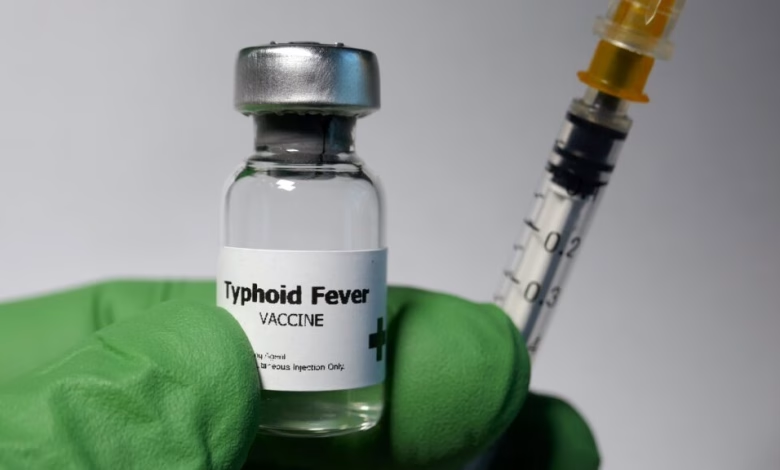Typhoid Cases Surge in Nanumba North Municipality

- Typhoid outbreak hits Nanumba North Municipality
- Poor sanitation and contaminated water sources blamed
- Vaccination campaign targets 700 food vendors
The Nanumba North Municipality in the Northern Region is grappling with a surge in typhoid cases, with poor sanitation and unsafe water sources being the key contributors to the outbreak.
Residents of the municipality have been facing an ongoing water shortage for several days, which has forced them to rely on the Waapu Dam. However, the water from this source has been deemed unsafe for consumption, exacerbating the situation. The issue is further compounded by the prevalent practice of open defecation, which has led to contamination of available water sources.
Food vendors, who rely heavily on water tanker services, are particularly vulnerable to contamination, raising significant concerns among health officials about the spread of typhoid.
In a bid to address the growing health crisis, environmental health officers, in partnership with the Ghana Health Service, have launched an extensive screening and vaccination campaign. The initiative primarily targets food vendors in the region, with the aim of preventing further spread of the disease.
Alhassan Abdul Somed, the Municipal Environmental Officer for Nanumba North, emphasized the urgency of the situation, noting that the goal of the exercise is to immunize 700 food vendors. He warned that those who fail to participate in the vaccination efforts would face consequences.
“Typhoid cases in the district are becoming alarming. That is why we are conducting the screening and educating the public to prevent further spread,” said Fusheini Lugman, the nurse leading the vaccination campaign.
Health authorities have also stepped up awareness efforts, encouraging residents to adopt safer practices when it comes to food and water consumption. They are urging the public to take precautions in order to contain the outbreak and protect the community’s health.






